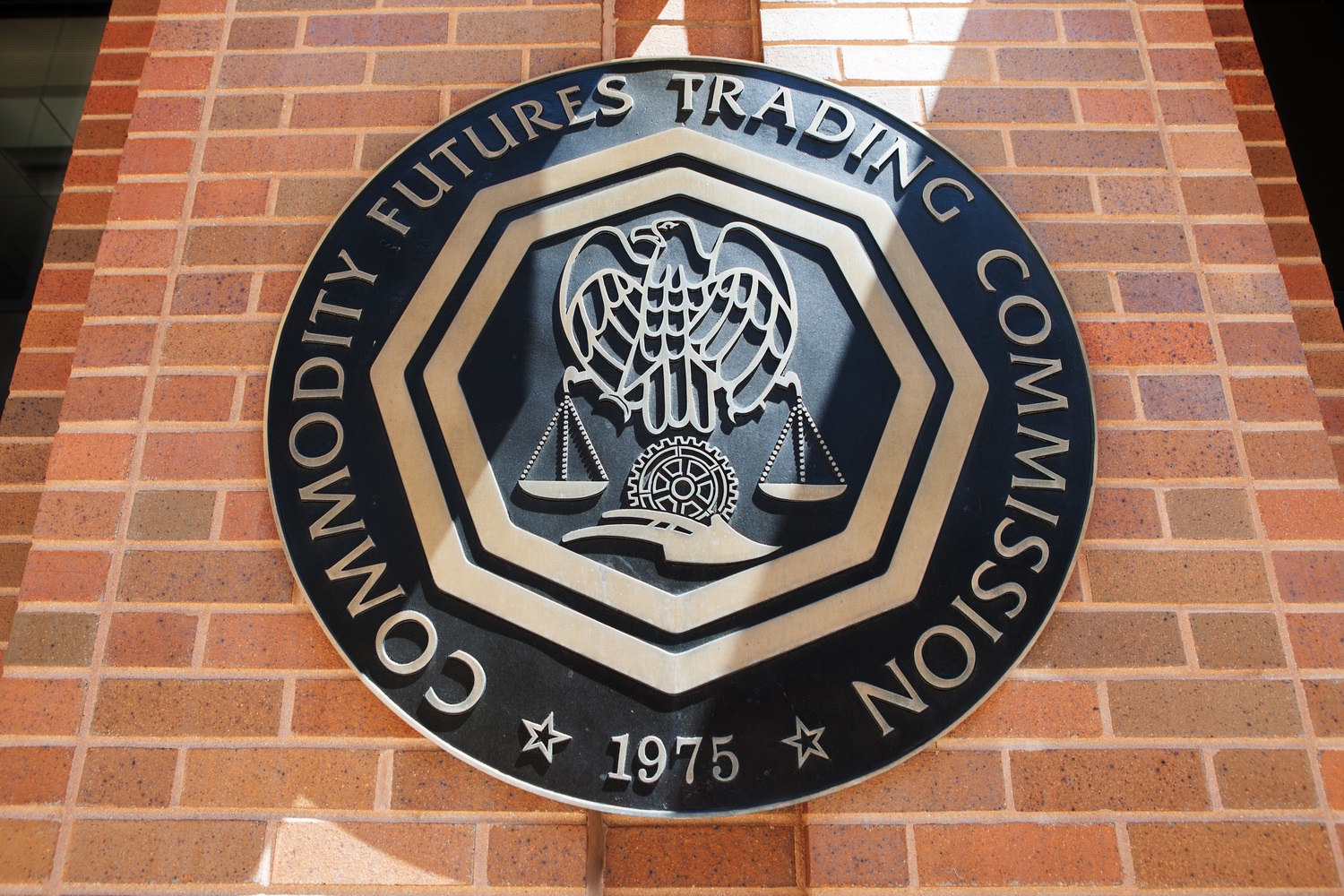Blockchain Startup Conflux to Get Shanghai Government Funding for Research Institute
Shanghai image via Shutterstock
- Senior Shanghai government officials have agreed to help blockchain startup Conflux open a research institute and incubation center with millions of dollars, the firm’s co-founder said.
- The Beijing-based firm counts Sequoia China and Huobi among several prominent backers, raising $35 million via a private token sale in December 2018.
- The research institute will be open later in December at the earliest, while the incubation center could be launched in June 2020.
- The move comes amid the city’s crackdown on crypto businesses.
A 10,000-square-foot working site, a sizable fund and an opening ceremony attended by city officials. That’s when you know the Chinese government has your back.
The Shanghai government has agreed to open a research institute with blockchain startup Conflux as early as the end of this December, while considering an incubation center that could be set up in June 2020, Fan Long, co-founder of Conflux, told CoinDesk.
While declining to disclose the exact amount of funding that Conflux is set to get from the local government, Long said it will be in the millions of dollars.
The Shanghai Science and Technology Committee, part of the municipal government, confirmed to CoinDesk it met with Conflux on Oct. 29 to discuss government support for the institute and the incubator. An official from the committee’s technology incubation office was unable to discuss the timeline or the funding for the projects.
The move comes as the government continues to crack down on cryptocurrency firms that had mushroomed after Chinese President Xi Jinping’s speech praising blockchain. The Shanghai bureau of China’s central bank went so far as to say it would “nip young crypto businesses in the bud.” Beijing is promoting innovation, but only the kind it thinks it can control.
Nevertheless, the Conflux Incubation Center aims to invite developers and entrepreneurs to build decentralized applications (dapps) on the public permissionless blockchain developed by the firm. Like bitcoin and ethereum, that blockchain is public, so anyone can participate, and it uses a similar proof-of-work mechanism to reach consensus on the state of the ledger and to secure the network.
“Our infrastructure for the dapps is different from ethereum and will have its own ecosystem,” said the firm’s global marketing manager, Christian Oertel, noting Conflux primarily focuses on improving its network’s scalability.
On top of the mandate to find venture capital firms for startups, the incubation center would develop dapps for the Shanghai government.
“We can have dapps to help the government track funds and documents to address some of the challenges it is facing in the process,” Oertel said.
Besides an office building in Hongqiao, one of the busiest business districts in the west of Shanghai, and the multi-million dollar funding, the city will dole out subsidies to support the research institute and incubation center, according to Oertel.
While declining to reveal who initiated the partnership, Oertel said Conflux has been in talks with the Shanghai government since July.
Formed in 2018, the budding company has raised $35 million from a slew of prominent investors in China, including private equity firm Sequoia China, Huobi Group, Shunwei Capital and Rong360.
“Conflux started as a research project. We initially were just trying to find a way to scale up blockchain that could make it faster and more secure,” Long said. “When the investors got interested, we felt it might be a good idea to bring the technologies out of our laboratory.”
The financing round took place through a private token sale, and Conflux will launch its mainnet, or live blockchain, in the first quarter of next year, allowing developers to mine the native token CFX, Oertel said.
One thing Conflux stressed to CoinDesk repeatedly in the interview is it will not launch an initial coin offering (ICO) or be involved in any form of centralized token sales. Oertel said it is up to token holders to decide if they want to trade them on exchanges such as Binance, outside the Conflux network.
The team has 24 people, including six founding members, 12 engineers and six on the global team, across the world.
The firm has been looking for talent with a mix of Chinese and international education, according to the firm. Most of the current employees went to top engineering schools in China and studied abroad for their graduate degrees, according to the firm’s website.
“Our Beijing office is close to Tsinghua University. It is convenient for us to recruit talent,” the spokesperson said.
At least 10 out of Conflux’ 18-member development team, including founders Fan Long and David Chow, have earned either bachelor or graduate degrees from Tsinghua University. Its research scientist Wei Xu and chief scientist Chi-Chih Yao, a Turing Aaward winner, are faculty members of the university.
“The Chinese government realizes public blockchain is important,” Long said. “They [the government] felt like it would be great if there is some team with a Chinese connection, which makes them feel more close to, so they could support building the ecosystem.”
Decentralized public chain
“A lot of people think doing public chain is illegal or something bad in China,” Long said. “The next level of development for blockchain will be to attract people to work on it and no one wants to work on something that they are not sure whether it is legal or not.”
However, the government realizes it is difficult to prevent the use of public and alliance blockchains, according to Long.
“Blockchain is always associated with validated information and any validated valuable information could be digital assets whether they are on public or alliance blockchain,” Long said.. “If you have digital assets, they could be traded. The government is aware of this.”
While fully embracing distributed ledger technologies and consortium blockchains, China approaches permissionless and decentralized networks in a much more cautious manner since they could be used for centralized exchanges.
In October, the Chinese government revealed more than 500 enterprise blockchain projects launched by state-owned banks, tech companies and government agencies, whereas few decentralized public chains have received the government’s blessing.
Yifeng Zhang, the head of Hangzhou Blockchain Technology Research Institute, said public permissioned blockchain is the best chance for the industry to commercialize the technology, during the 2019 Digital Economy Innovation Summit in October.
One of the few public permissionless blockchains that is closely working with the state-owned entities is Nervos’ two-layer network with an application sidechain. The firm completed its 72 million token sale and launched its mainnet in November.
Backed by MultiCoin, Polychain Capital and Shenzhen-based China Merchants Bank International (CMBI), the firm has been working with CMBI, which is partly owned by the Chinese government, on decentralized finance applications.
The funding from the government is not the most important, Long said. It is the official support from the Shanghai government that makes the partnership valuable for Conflux.
Bloodbath of crypto exchanges
Speaking of the city’s recent crackdown on crypto exchanges, Long said the move is good in the sense that it clears out some of the illegal centralized exchanges.
While it is a good thing that centralized exchanges provide liquidity for crypto assets, some of them are now hurting the reputation of the whole blockchain industry. “The majority of the bad things happening in this blockchain space have been associated directly or indirectly with centralized exchanges,” Long said.
As the Chinese government slowly but surely warms to decentralized public chains, it still keeps the market shut from crypto exchanges.
In November, megacities Beijing, Shanghai and Shenzhen announced city-wide crackdowns on crypto exchanges and any marketing firms that promote such businesses.
President Xi’s praise in October for blockchain prompted many companies to explore blockchain technologies in a bid to raise money through an ICO. As many as 25,000 blockchain companies out of 28,000 across the blockchain industry might have tried raise funding via centralized token sales, according to an official from the Beijing Blockchain Application Association.
To curb that development, the Chinese government has cracked down on some of the largest crypto exchanges operated within the country, including upstart exchanges BISS and Matcha.
While China accused those exchanges of fraud or violating foreign exchange regulations, bigger players have pivoted to blockchain services in the country or transferred crypto businesses to other countries with more flexible regulations.
The Chinese branch of Huobi Group exited its crypto trading businesses from China in 2017 while expanding operations in other countries including South Korea, Japan and Turkey.
Blockchain for all and the trade war
Beyond Shanghai’s push to develop blockchain technologies, China has been pushing for a blockchain network that has a scale large enough to provide basic public services across the country.
Led by the State Information Center, affiliated with China’s highest economic central planning agency the National Development and Research Commission, state-owned tech giants China Mobile, China UnionPay and China Telecom jointly announced a plan to test the Blockchain-Based Service Network (BSN) in October.
The network is envisioned to be used for everything from smart city management to telecommunications. The builders hope it will become as popular among blockchain developers as the Android or IOS operating systems are among app makers.
In November, a 14-member consortium, including Huobi China, was formed to develop and operate the network. BSN is set to be tested in about 200 cities as well as Hong Kong and Singapore.
The spirit of self-made innovation comes amid the growing distrust derived from the trade war between the U.S. and China.
Silicon Valley startup incubator Y Combinator closed its China unit in November amid the tension over trade and intellectual property in the technology sector in November, although the company said the closure is not related to the trade war, according to a Reuters report.
Disclosure Read More
The leader in blockchain news, CoinDesk is a media outlet that strives for the highest journalistic standards and abides by a strict set of editorial policies. CoinDesk is an independent operating subsidiary of Digital Currency Group, which invests in cryptocurrencies and blockchain startups.









